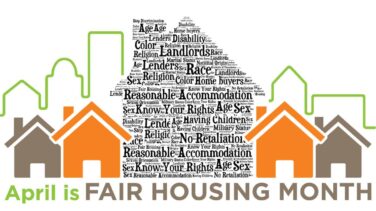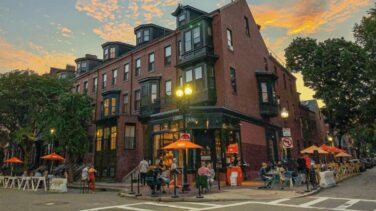
At coUrbanize, our mission is to help build better neighborhoods. But in America, we face a harsh reality – that many Black people aren’t safe in their own communities. And if Black people don’t feel safe, they can’t feel welcomed. They can’t prosper. They can’t thrive. They can’t breathe.
Structural inequality and systemic racism are real. They infiltrate every facet of our lives, including how housing is allocated, how neighborhoods are delineated, and how the community development process unfolds. coUrbanize was founded to amplify the voices of the entire community, especially the most marginalized. We have not lost sight of our mission and although we are not perfect, we are working to be better.
Explicitly racist and discriminatory comments have never been allowed on the coUrbanize platform, but there’s more we can do. Our team is rolling out new moderation strategies to address implicit bias head-on. We can do more to ensure that Black and Brown voices are elevated, so the local leaders know what access, resources, and opportunities these communities need in their neighborhoods.
To those hurting, please know that we are with you. Black lives matter. George Floyd’s life mattered. We stand with the protestors, against injustice, and for true equality. As a team, we’re working to be better internally and with how we manage our platform.
If you want to take action, here are some ways you can be a part of the change we so desperately need:
- Donate to The George Floyd Memorial Fund
- Understand your implicit bias through Project Implicit
- Support Black Lives Matter
- Support Campaign Zero
- Support the Black Economic Justice Institute
- Support Minnesota-based Black Visions Collective
-The coUrbanize Team


